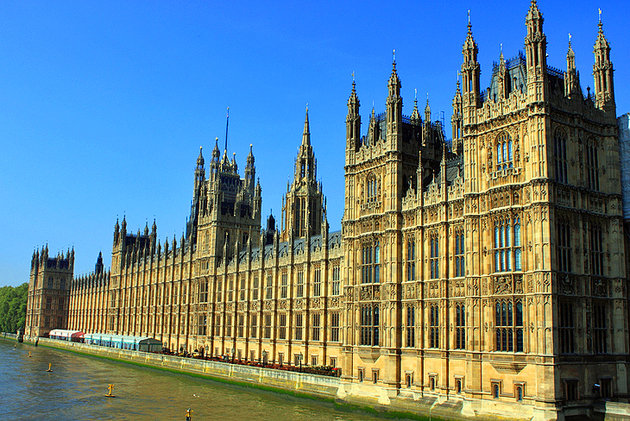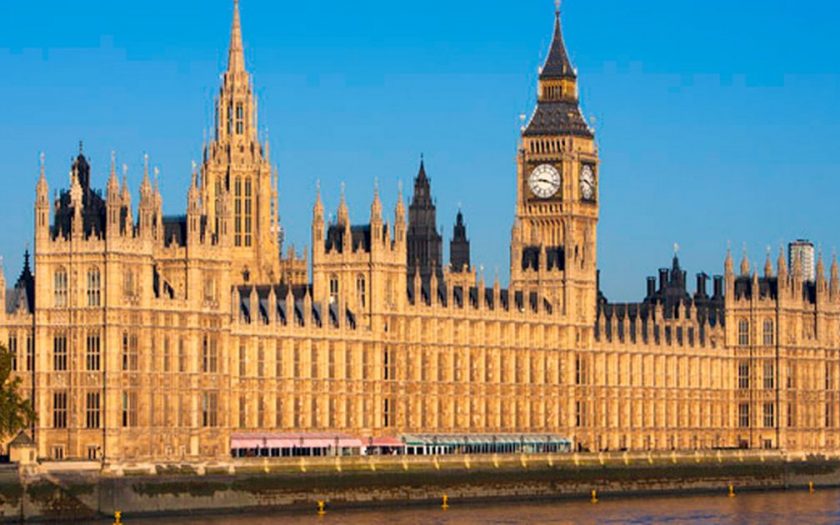From the ‘Kaleidoscope Group’
The Government’s National Disability Strategy was released on Wednesday 28th July, setting out the significant actions the government will take to improve the everyday lives of all disabled people across all government departments.
Whilst the new strategy has been criticised for not fully understanding the barriers faced by the 14.1 million disabled people in the UK, it has raised some promising actions regarding making the world of work both more inclusive and accessible for disabled people. Here, Kaleidoscope Group, a platform working to empower disability through business, reflected upon the proposed strategy and what this could mean moving forwards.
Disability Workforce Reporting
Making disability reporting mandatory, as we have seen with gender pay gap reporting, is a topic which has increasing interest. In 2021 the Cabinet Office will consult on workforce reporting on disability for large employers, exploring voluntary and mandated workplace transparency, before going on to publish a set of next steps. The consultation will consider several points including how employers can better understand the profile of their workforce in terms of disability, and the types of information and data employers could collect, along with ways to do this in a standardised manner.
For organisations to manage disability inclusion, it has to be measured for it to be improved. Organisation’s now need to move quickly to record the disability status of their employees, which is the first critical step for future disability pay gap reporting. Every company in the UK should consider disabled talent and their abilities in order to create an even better workplace.
Disability Employment Advice Hub
A new online advice hub has been developed, which from July 2021 will provide clear, accessible information and advice on employment rights for disabled people. The advice hub will be available to both disabled people and employers and will provide information and advice on topics such as disability discrimination in the workplace and rights and obligations around reasonable adjustments.
Appropriate, accessible advice and guidance to disabled people and employers should help to reduce the disability employment gap of 29% in 2021. A focus on rights and obligations will also help disabled people to transition into work and develop into sustainable and meaningful careers.
Access to Work Adjustments Passport
An Access to Work Adjustments Passport will be piloted during 2021 with the aim of providing disabled people with greater flexibility when moving job roles, allowing for smoother transitions. It will provide employers with an overview of the possible support available to them from Access to Work, which plans to transform the customer journey by reducing the need for repeated assessments. This in turn will also allow disabled people to take tailored specialist aids and appliances from one job to another, which will be detailed to the employers.
In order to help disabled people progress through education into employment, a passport will also be available for all disabled students, including those receiving Disabled Students’ Allowance (DSA), when they leave university as they enter the world of work.
This is a vital addition to our education and work environments and has the potential to be transformative by having the ‘reasonable adjustments’ in place from day one, as currently, it can take many months to receive the appropriate help and support. By reducing repeated assessments, this will also help to reduce the stress and uncertainty for disabled people, as well as the employer, as they will know what help and support is already allocated. A move from a one size fits all to a more inclusive tailored approach is critical for disabled people.
Supporting Disabled Entrepreneurs
In order to help more disabled people to set up their own businesses, the BEIS will publish proposals by the end of the year to ensure that every disabled person who wants to start a business has the opportunity to do so.
Every disabled person should be given a fair opportunity to realise their full potential and find purpose. With many workplaces still inaccessible for disabled people, entrepreneurship is sometimes a more accessible route to employment for many disabled people.
More Support For Disabled People To Start And Stay In Work
To meet the anticipated rise in the need for support as a result of COVID-19, from August 2021 the Department for Work and Pensions (DWP) will increase places on Intensive Personalised Employment Support (IPES) by 25%. This is a service that provides one-to-one support and training to help people with a disability or health condition, so will help ensure they will be able to rapidly access appropriate tailored support.
Rather than focusing upon getting a job and any help and support ending there, the new DWP focus is on earlier back-to-work support and help staying in work which will be greatly appreciated by those using the service. They also recognise that one size does not fit all, and work coaches will apply no mandatory requirements but agree with the disabled person the voluntary steps to take and personalising support.

Hardeep Rai, CEO of Kaleidoscope had this to say of the strategy:
“Having been asked to be involved in the launch video for The National Disability Strategy with my son Eshan, who has cerebral palsy, I recently had the opportunity to attend a virtual meeting with the Prime Minister Boris Johnson, the Rt Honourable Thérèse Coffey and Minister for Disabled People Justin Tomlinson the day before the launch. Throughout the meeting, the Prime Minister thanked all participants involved, and discussed the next steps in ensuring that this important work continues.
He reiterated the focus on talent and ability, embracing levelling the playing field for growth. Indeed, his passion is not disability, it is the focus on their ‘ability’, which every company must grasp as each person has their own unique talents and strengths which adds value. This subject is extremely important, and we believe that the new strategy is a good starting point, and we are hopeful that this will lead to strong progression and much-needed strides forward.
At Kaleidoscope Group we understand how vital it is that everyone has an advocate for growth, and we are here to assist the Prime Minister, the government and every disabled talent to support and empower ambition.”

There are 14.1 million+ disabled people in the UK and 1.85 billion+ world-wide (over 20% of the population). Many face unfair judgement and discrimination based on their appearance which often results in a genuine lack of real opportunities in employment or self-employment.
The Kaleidoscope Group (Kg) seeks to redress this imbalance by offering disabled people access to four platforms through which their voices can be heard, and they can be offered the opportunities that they deserve.
The Kaleidoscope vision is to help to shape a world where there is no difference in ‘different’ and where every disabled person is given a fair opportunity to realise their full potential and find purpose.

